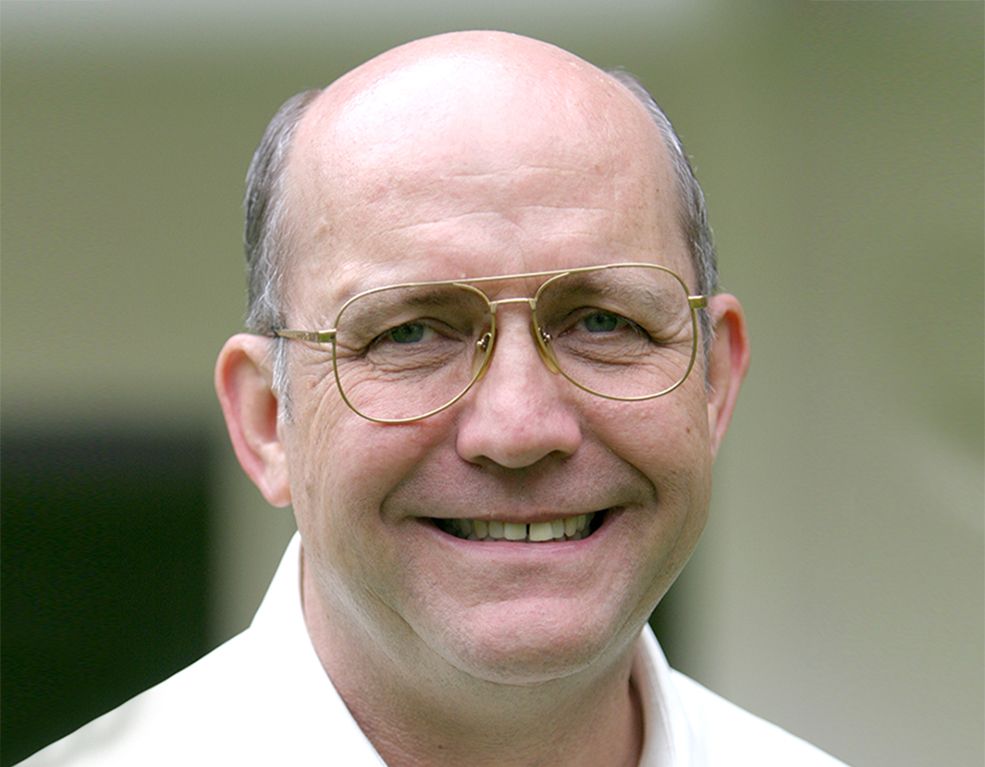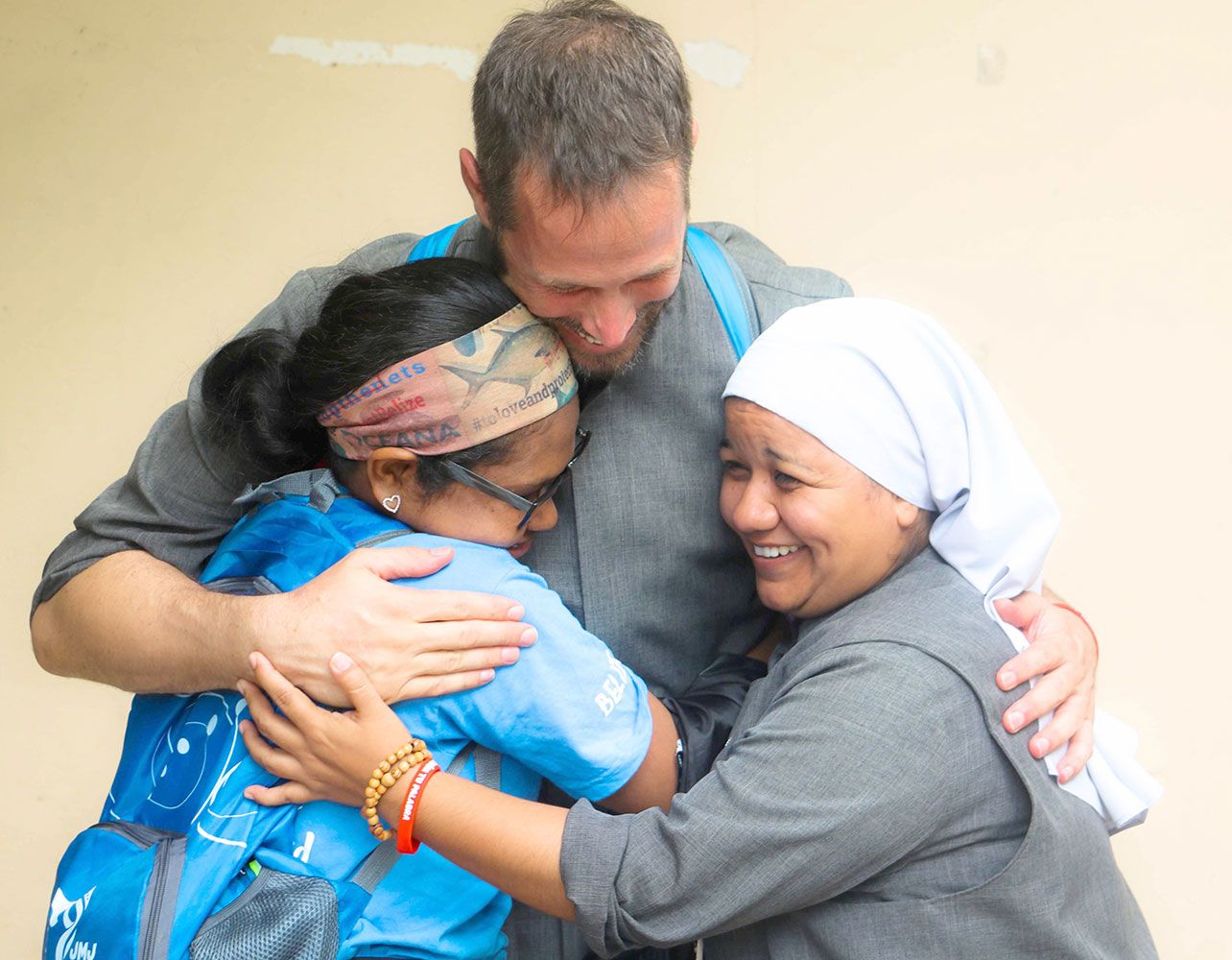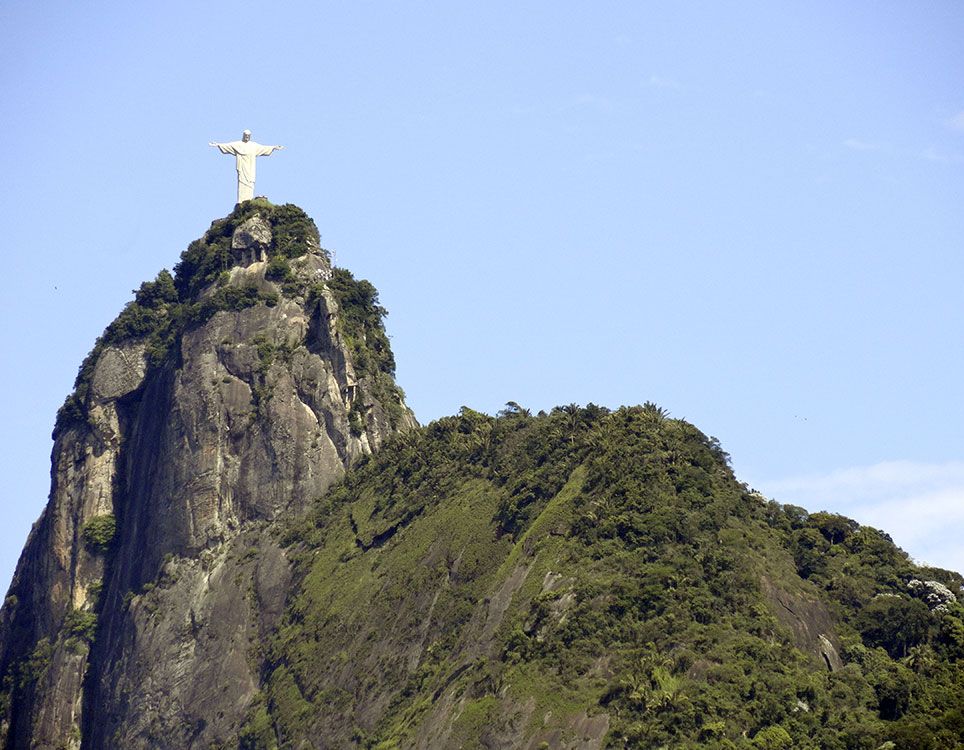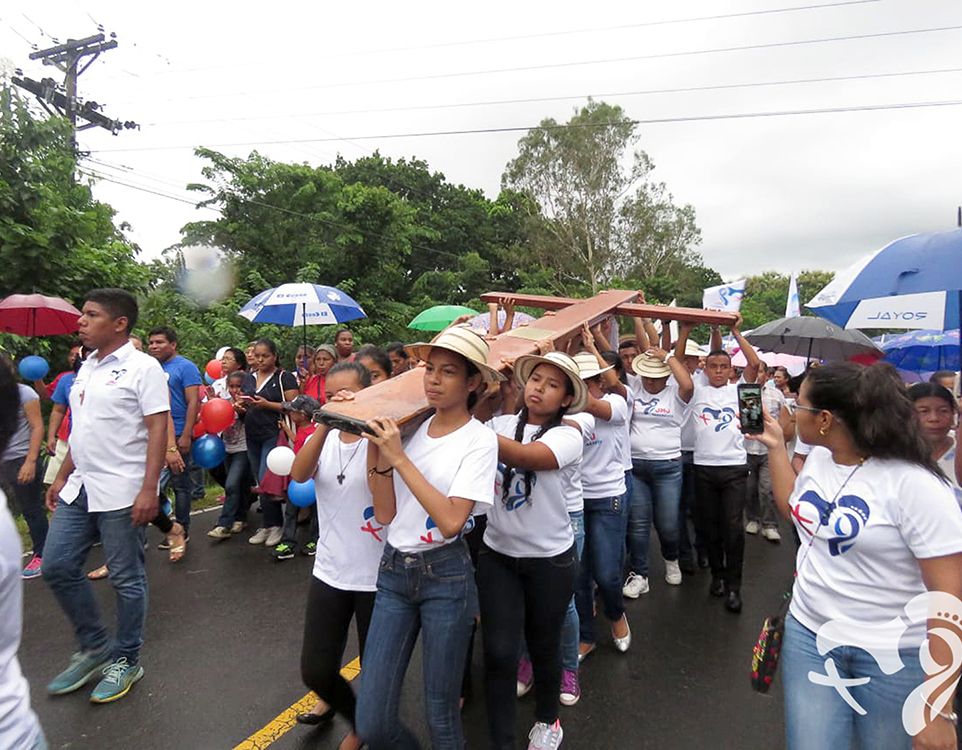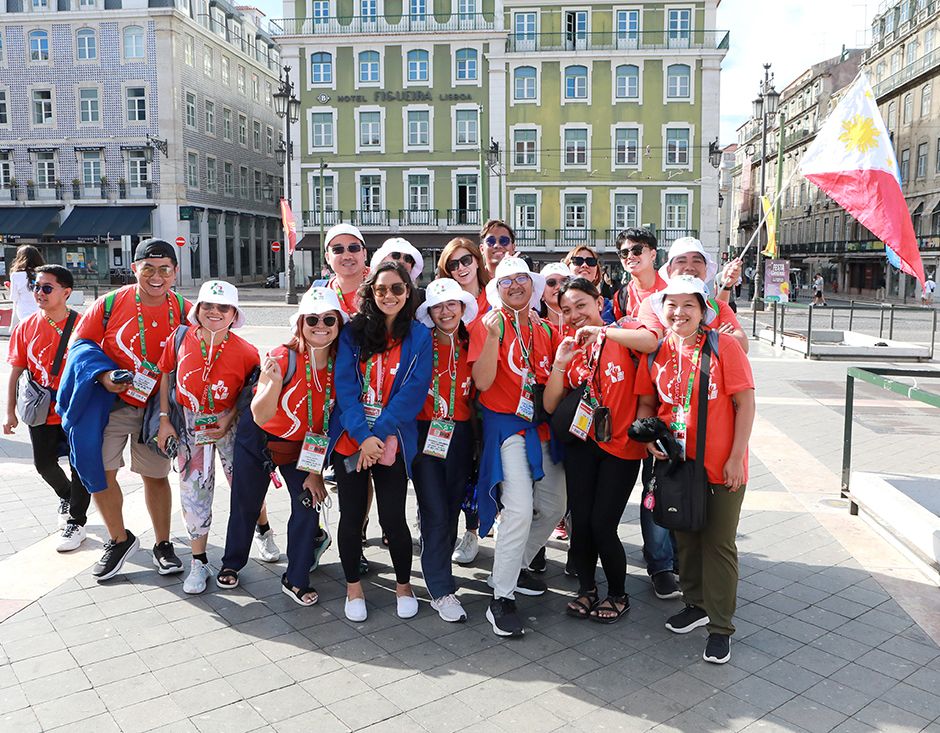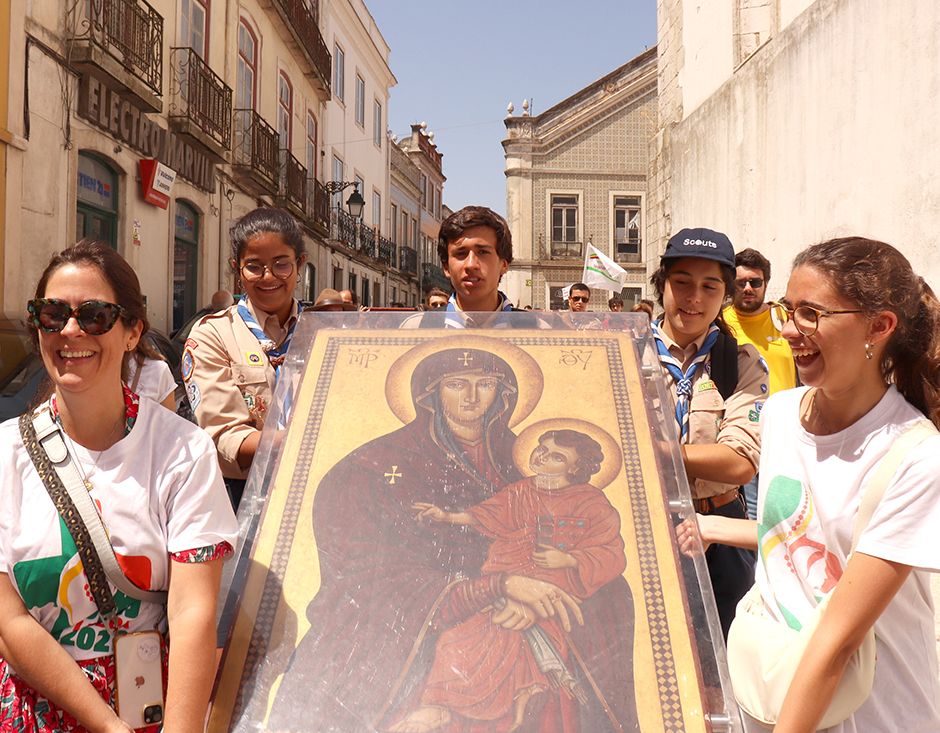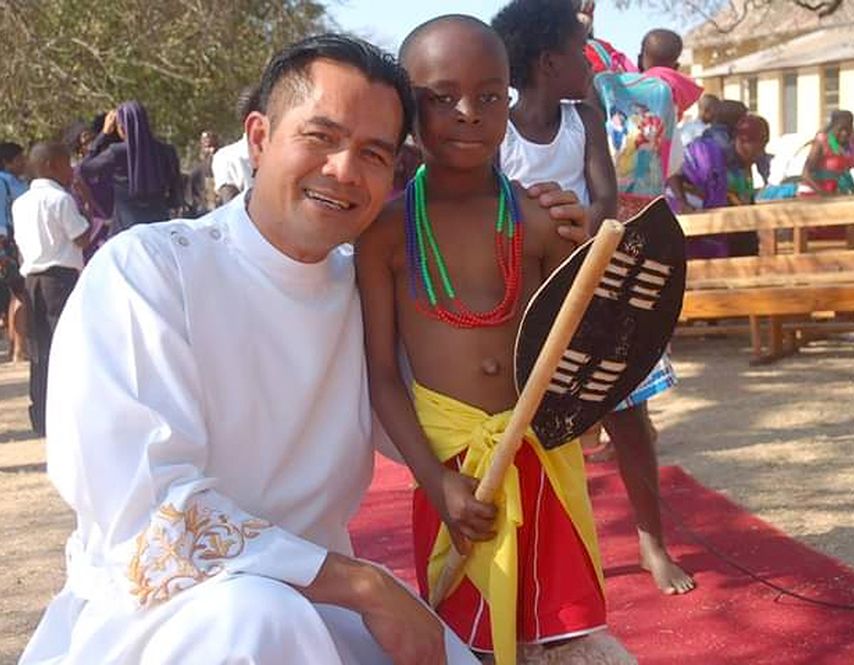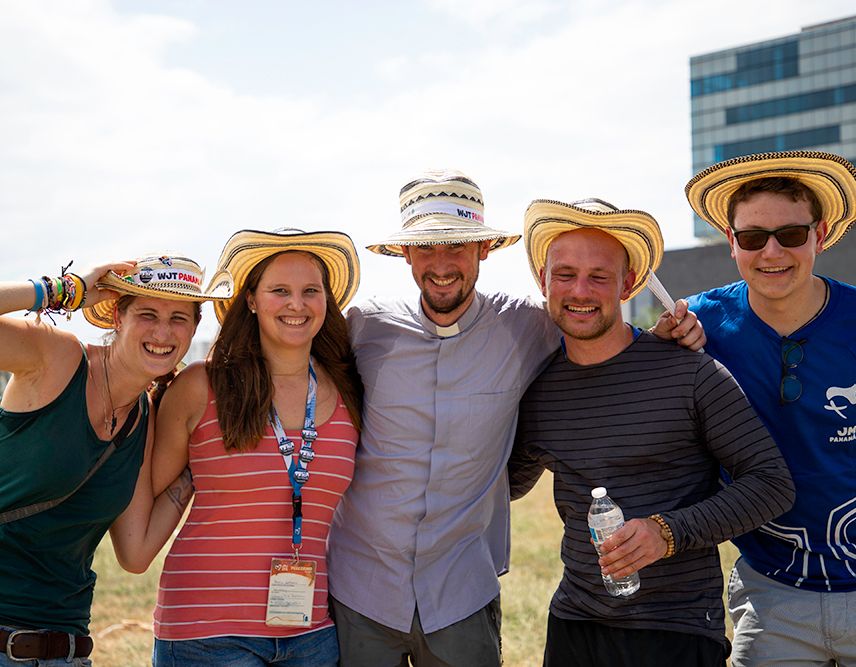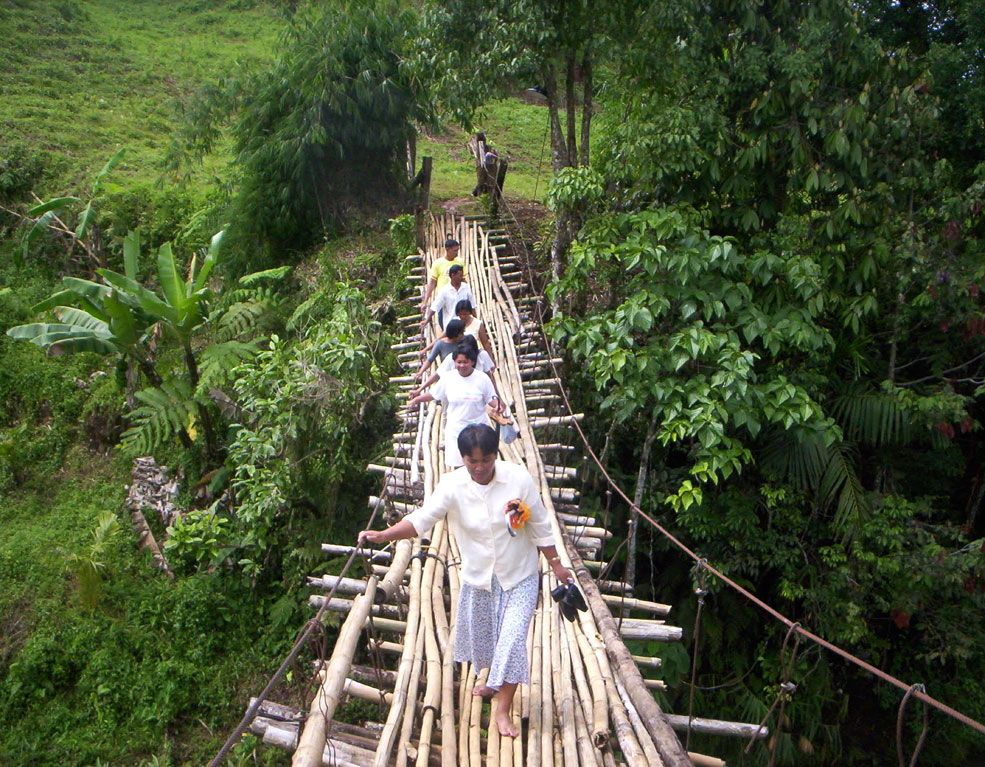The world is constantly changing. Today’s securities become weak links tomorrow. What we take for granted now vanishes the next moment. We live in a supersonic rhythm and we feel that we have no other escape: it is important, it is urgent, it is a priority. Everything is justification for living the way we live. In principle, there is nothing wrong with wanting to “put out all the fires” around us and, simultaneously, look for our personal good. The problem arises when we are swept away by the idea that in order to serve/help others we have to cancel ourselves out and reject much of what we are and what we yearn to be.
The common good implies a personal “I” that rejects all human beings’ annulment. However, this “personal self” cannot be understood as an “individual self”! It is in this tenuous difference that we are often drawn into what we are not.
The constantly changing world also does not help the healthy and integral development of the human being. In the name of progress, the person-as such-is in the second and third plan.
Pope Francis draws attention to this fact, stating that “change is something desirable, but it becomes worrying when it becomes a deterioration of the world and of the quality of life of a large part of humanity.” (Laudato Si ‘, n. 18)
For the Pope, “the urgent challenge of protecting our common home includes the concern to unite the entire human family in the search for sustainable and integral development, as we know that things can change.” (Laudato Si ’, n. 13)
Thus, what is at stake in the common good is the human family, much more than any other techno-progressive principle. Now, the human family presupposes the active presence of all its members, not aiming for one to do everything (dispensing with the others and affirming its “individual self”), but for each one (“personal self”) to actively play its role, according to what it is and what it wants to be. This is the dynamics of any family and, consequently, the idea of the human family has its root there.
Beyond “Me” And “Now”
But why is the pope so concerned with the common home and the human family? In fact, this is a concern that goes against the reality that we live at different levels. In fact, “we have never mistreated and hurt our common home as we have in the past two centuries. There are too many private interests and, very easily, the economic interest comes to prevail over the common good and to manipulate information in order not to see their projects affected.” (Laudato Si’, n. 53-54)
There are many pressures for selfish individualism to guide our reflection on the way we live and on the vocation we discern. Without realizing it, we create fantasies that at times convince us that what we most desire for our fulfillment is impossible to achieve (since we want to please others), at times they convince us that our selfish whims are the result of altruistic principles in our favor and the good of all.
These difficulties, and the desire for immediate responses that are slow to arrive, require steps that lead, from the beginning, to a decentralized reflection of the self. This does not mean that the “I” is not taken into account! On the contrary, it means that vocational discernment and the common good (on which the whole vocation is based) are carried out in an accompanying manner.
It is important to bear in mind that vocational accompaniment is not synonymous with harmonizing what we want with what others want. It is rather a journey with people who help us to see the greater truth that inhabits us, for a more authentic experience. It is a discernment that is not aimed at the individual, but at the personal; it does not aim at the collective good, but at the common good. To better understand, I use a phrase that was presented to me on a postcard (in the days when letters were still being written!).
The phrase (which I no longer remember the author) said: “Rivers do not drink their own waters; trees do not eat their own fruits; the wealth of gifts is always in favor of others.” In the same way, there is no true vocation, nor the possibility of an authentic and fulfilled life, without being in favor of others.
Figuratively, we can ask whether a tree is fully realized when it bears fruit. Of course it is! There it fully fulfills its “vocation”. Is there not a generalized common good in this fulfillment? Obviously yes! Birds, people and all of nature, in some way, benefit from the fruits of the trees (even the earth, when the fruits fall to the ground and decompose there). In the same way, the vocation whenever it is discerned/lived produces fruits that lead to the common good of humanity and of the whole nature that surrounds it.
Snowball Effect
It will be important here to clarify that the common good is not a driving force for vocation. It is rather the direct and authentic consequence of the vocational experience. Vocation is a project of happiness that comes from God and is offered to us, according to what we truly are. By discerning and saying “yes” to the vocation, we enter this dynamism (human-divine) of happiness in which everyone benefits.
For this very reason, neither the vocation nor the common good can be thought of in a certain time and space. Rather, as a snowball effect, the experience of vocation carries with it consequences that, over time, become increasingly larger and increasingly significant for everyone. Since the common good is a direct consequence of the “yes” of the vocation, similarly in this case, it is important to realize that “the notion of the common good also encompasses future generations and presupposes respect for the human person as such, with fundamental rights orientated towards their integral development.”(Laudato Si’, n. 159 and 157) From this point of view, it is not surprising that, many times, when we look at the path of vocation, we are far from realizing the implications that our “yes” or our “no” may have for ourselves and for all humanity. Only the Lord of Vocation knows the consequences of vocation.
In light of this, what good is it to be worried and blocked by the adverse circumstances we are experiencing today? God’s plan for humanity–the common good–goes beyond anything we can foresee or think. So, why not set foot on the path towards responsible vocational discernment that allows us, not only to discover ourselves, but also to find someone who in some way helps us to overcome obstacles? What arguments can we still have for not risking/daring to live the gift that is offered to us?
Favorable Time
After all, as St. Paul asks, “What more can we say? If God is for us, who can be against us?” (Romans 8:31) This is the favorable time! This is the “present time”–it is, precisely, “the gift of God” for those who want to dare to take a step along the paths of vocation, a step that will always be fruitful and an open door towards a horizon truly happy: a horizon where the common good happens!











